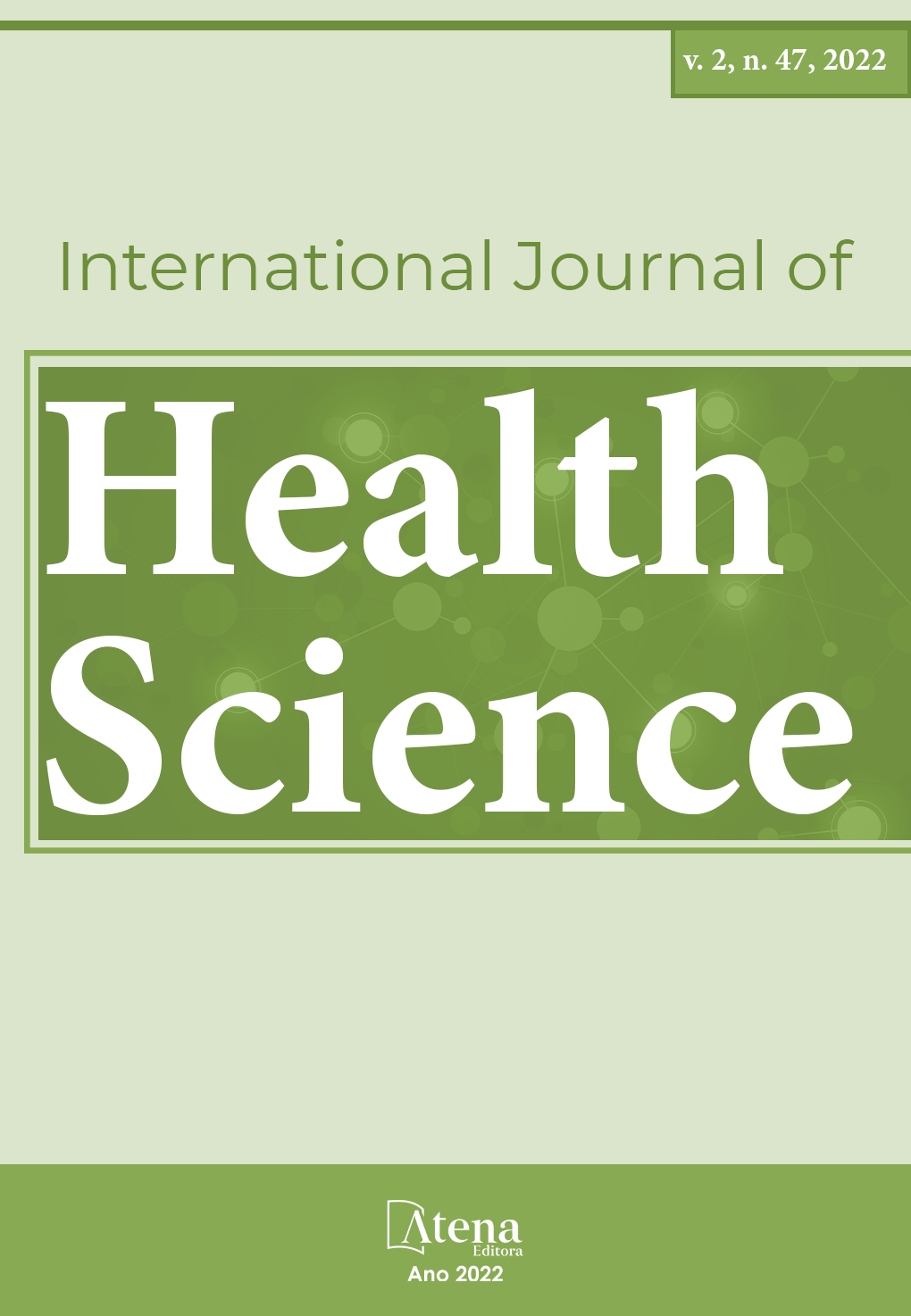
EVALUATION OF THE PROTECTIVE EFFECT OF VITAMIN D ON MATERNAL AND FETAL PARAMETERS, HEPATIC AND RENAL FUNCTION OF WISTAR RATS SUBMITTED TO DIET WITH FRUCTOSE DURING PREGNANCY
Goal: to determine protective aspects of vitamin D (Vit.D) on maternal and fetal markers, liver and kidney function, as well as oxidative stress parameters of Wistar rats exposed to fructose ingestion throughout pregnancy. Method: After confirmation of pregnancy, the animals were divided into control (C) and treated groups. Group 40% fructose added to the ration; group 40% + Vit.D; group 30% and 30% + Vit.D. Vit.D was administered orally (via gavage) for 19 days, 20IU/kg/day. Results: In general, the main statistical data of the study show a more pronounced change in the number of fetuses for the 40% group (p<0.01). On the other hand, for the groups with the lowest fructose concentrations we obtained significantly higher mass (p<0.001). Biochemical data show changes in uric acid and blood glucose (p<0.01); urea, creatinine, triglycerides and total cholesterol (p<0.001). Liver function tests showed changes for the enzyme aspartate aminotransferase [AST] (p<0.01) and Alanine aminotransferase [ALT] (p<0.001). As for markers of oxidative stress, TBA-RS for liver and kidney tissue, the statistical significance was (p<0.001). Glutathione peroxidase (GSH) showed alteration (p<0.05) for renal tissue. Conclusions: The results showed changes in some fetal parameters, disorders of lipid metabolism, glycemic, liver and kidney function, as well as oxidative stress, becoming more pronounced for the groups in which the fructose concentration was higher and the addition of Vit.D was not adequate to maintain the redox balance.
EVALUATION OF THE PROTECTIVE EFFECT OF VITAMIN D ON MATERNAL AND FETAL PARAMETERS, HEPATIC AND RENAL FUNCTION OF WISTAR RATS SUBMITTED TO DIET WITH FRUCTOSE DURING PREGNANCY
-
DOI: 10.22533/at.ed.1592472215083
-
Palavras-chave: Fructose; Toxicity; Gestation; Research with animals, Nursing.
-
Keywords: Fructose; Toxicity; Gestation; Research with animals, Nursing.
-
Abstract:
Goal: to determine protective aspects of vitamin D (Vit.D) on maternal and fetal markers, liver and kidney function, as well as oxidative stress parameters of Wistar rats exposed to fructose ingestion throughout pregnancy. Method: After confirmation of pregnancy, the animals were divided into control (C) and treated groups. Group 40% fructose added to the ration; group 40% + Vit.D; group 30% and 30% + Vit.D. Vit.D was administered orally (via gavage) for 19 days, 20IU/kg/day. Results: In general, the main statistical data of the study show a more pronounced change in the number of fetuses for the 40% group (p<0.01). On the other hand, for the groups with the lowest fructose concentrations we obtained significantly higher mass (p<0.001). Biochemical data show changes in uric acid and blood glucose (p<0.01); urea, creatinine, triglycerides and total cholesterol (p<0.001). Liver function tests showed changes for the enzyme aspartate aminotransferase [AST] (p<0.01) and Alanine aminotransferase [ALT] (p<0.001). As for markers of oxidative stress, TBA-RS for liver and kidney tissue, the statistical significance was (p<0.001). Glutathione peroxidase (GSH) showed alteration (p<0.05) for renal tissue. Conclusions: The results showed changes in some fetal parameters, disorders of lipid metabolism, glycemic, liver and kidney function, as well as oxidative stress, becoming more pronounced for the groups in which the fructose concentration was higher and the addition of Vit.D was not adequate to maintain the redox balance.
-
Número de páginas: 26
- Cristian Felipe Fantin Zin
- Luiz Carlos Cichota
- Alexandre Umpierrez Amaral
- Irany Achiles Denti


